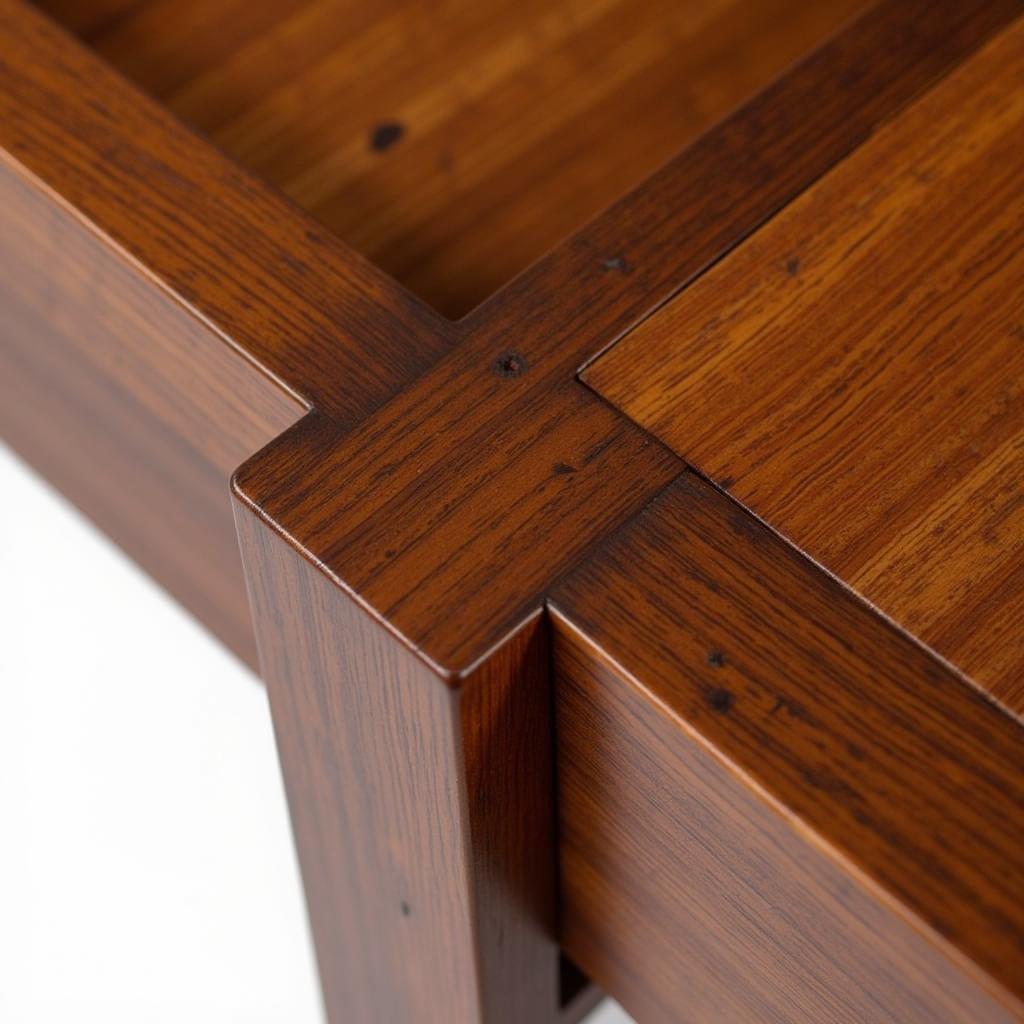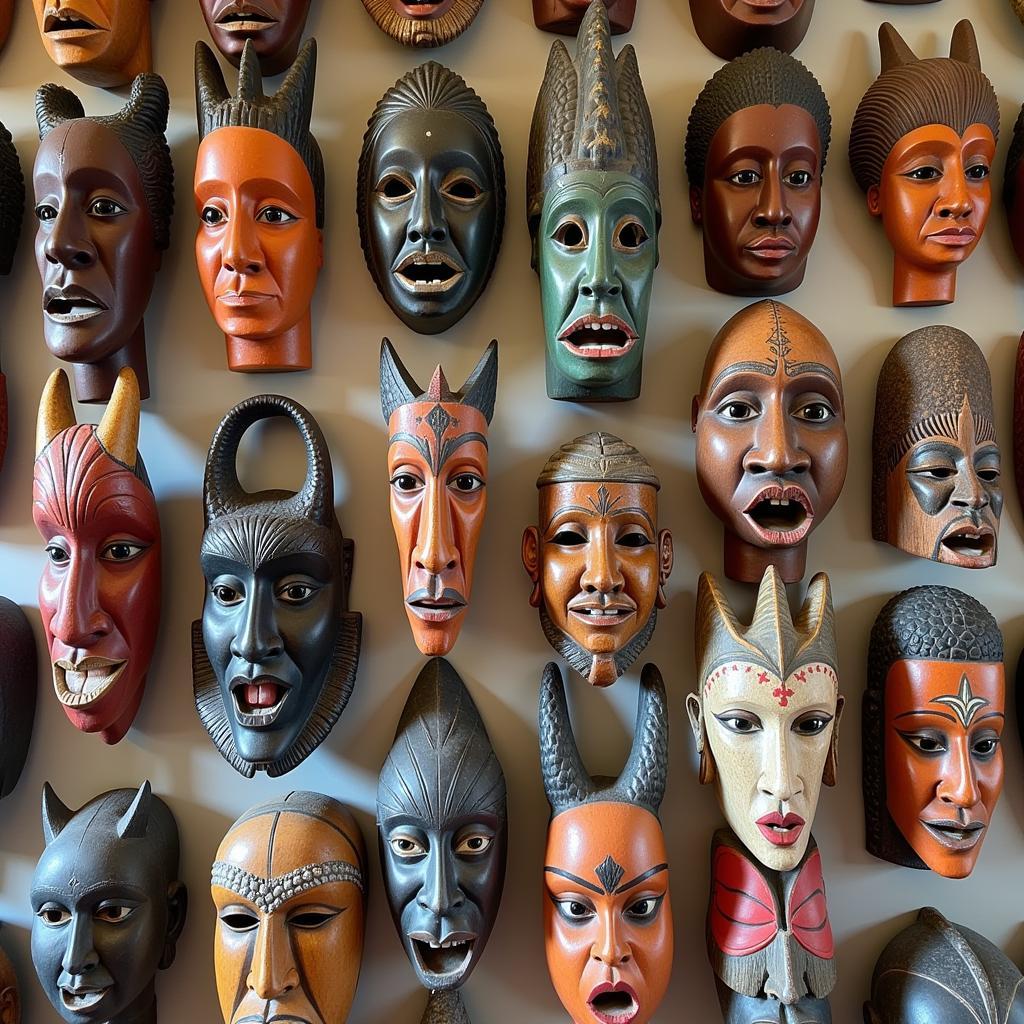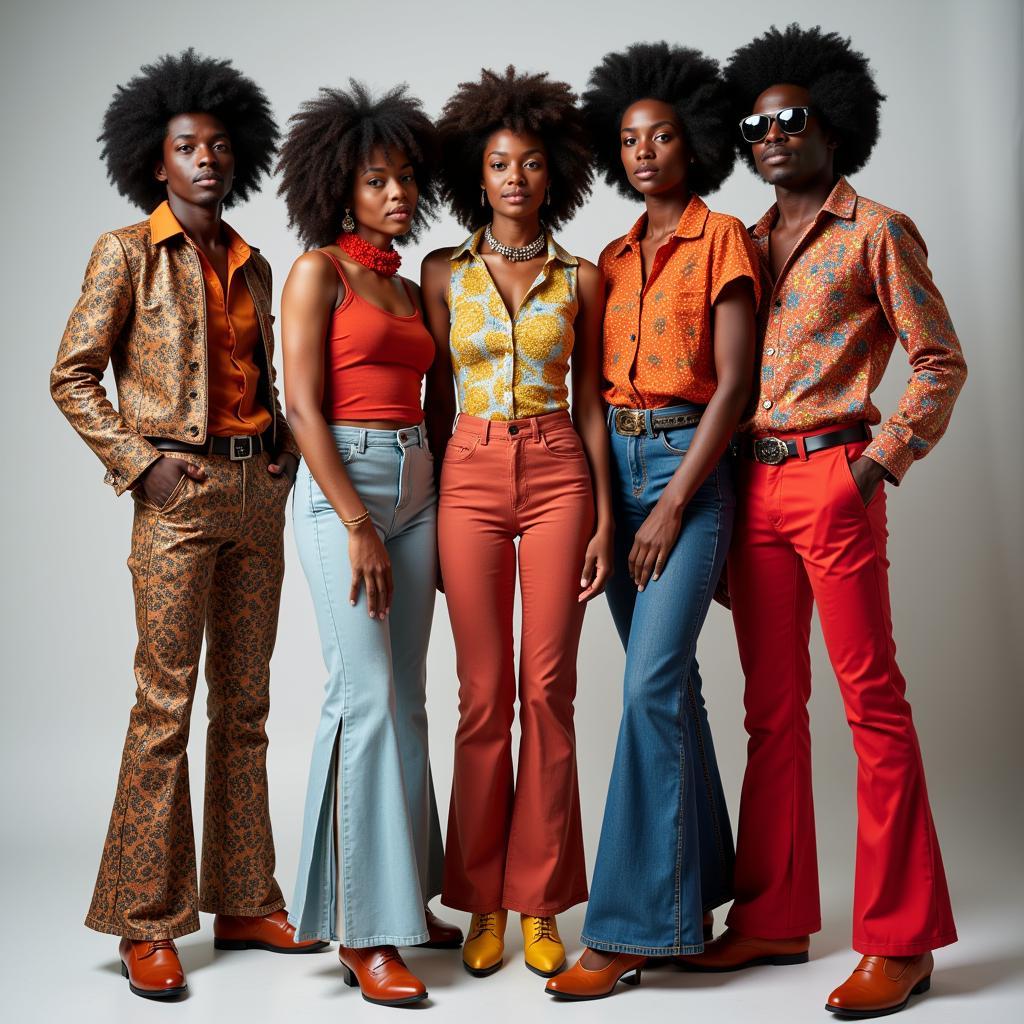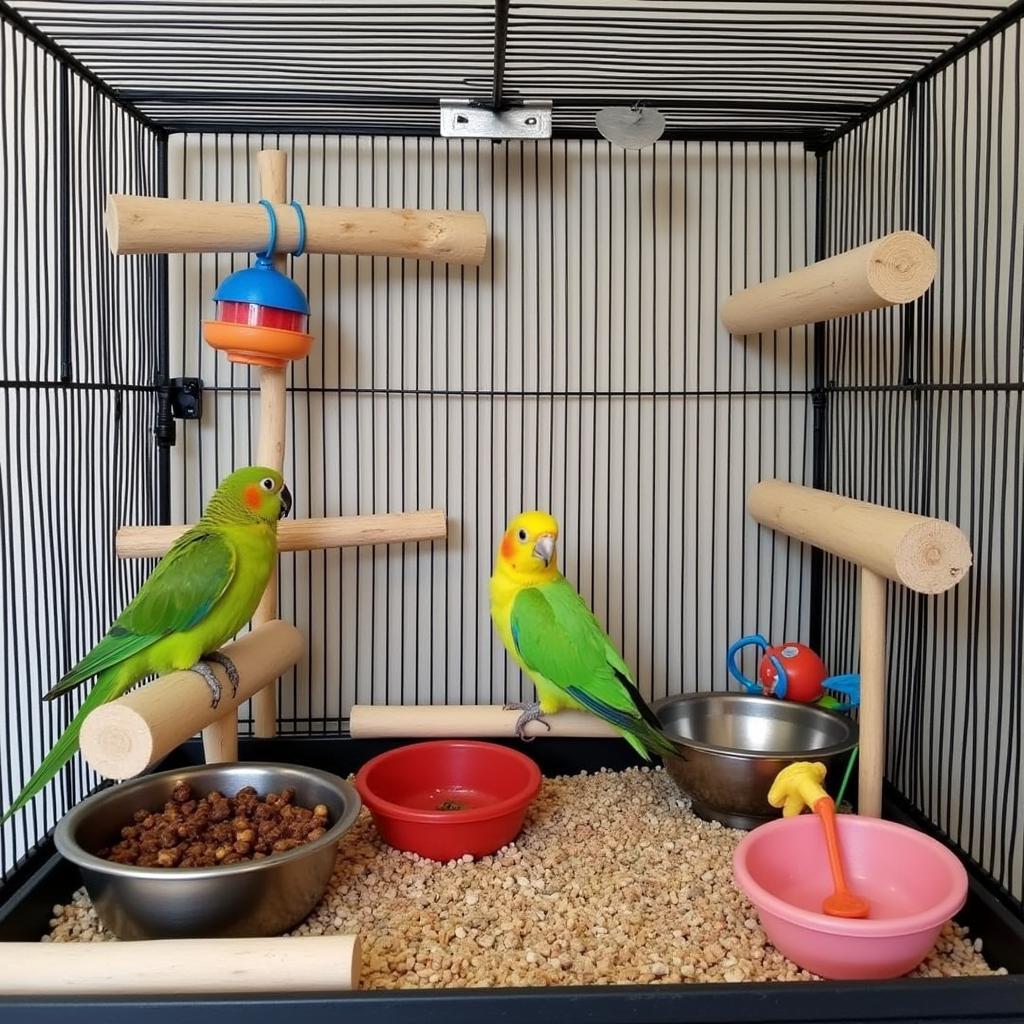Unveiling the Majesty of African Iroko Hardwood
African Iroko Hardwood, a prized timber from the majestic Chlorophora excelsa tree, has captivated woodworkers and builders for centuries. Its rich history, exceptional durability, and unique aesthetic qualities make it a sought-after material for various applications, from furniture and flooring to boatbuilding and construction.
Exploring the Origins and Characteristics of African Iroko Hardwood
African iroko, sometimes referred to as “African teak” though botanically unrelated, predominantly hails from the tropical regions of West Africa. Its resilience to decay and insect infestations has earned it a reputation as a robust and reliable wood. This natural durability stems from its high density and the presence of natural oils that act as a protective barrier. The heartwood boasts a warm, golden-brown hue, often displaying attractive interlocked grain patterns, while the sapwood appears paler.
This inherent strength and stability make African iroko hardwood an ideal choice for both indoor and outdoor projects. From crafting elegant african bamileke table to constructing sturdy flooring, its versatility is undeniable. What’s more, its resistance to weathering and rot makes it particularly suitable for exterior applications like decking and cladding.
The Diverse Applications of African Iroko
The uses of African iroko hardwood are as diverse as the cultures of the continent from which it originates. Traditionally, it has been employed in crafting ceremonial masks, like the iconic african dogon mask, and musical instruments, such as the resonant african djembe drums for sale. Its workability, combined with its appealing aesthetic, makes it a favorite among artisans.
Beyond traditional uses, modern applications of African iroko are extensive. Its durability and resistance to moisture make it a popular choice for boatbuilding, particularly in the construction of hulls and decks. In the realm of construction, it’s utilized for joinery, window frames, and even structural elements. Furthermore, its rich color and distinct grain patterns make it a desirable material for high-end furniture, flooring, and interior paneling.  Exquisite Furniture Crafted from African Iroko Hardwood
Exquisite Furniture Crafted from African Iroko Hardwood
Is African Iroko Sustainable?
The increasing demand for African iroko has raised concerns about its sustainability. It’s crucial to source this valuable hardwood from responsibly managed forests to ensure its long-term availability. Look for certifications like the Forest Stewardship Council (FSC) which indicate that the wood has been harvested in an environmentally sound manner.
Working with African Iroko Hardwood: Tips and Considerations
While African iroko is a relatively easy wood to work with, there are a few key considerations. Its density can dull tools quickly, so using sharp, high-quality blades is essential. Additionally, the wood contains a dust that can be irritating to the respiratory system, so appropriate safety measures like wearing a mask are recommended.
Dr. Abina Osei, a renowned botanist specializing in African timber, notes, “African iroko’s natural oils contribute to its durability but can also interfere with the drying process. Proper kiln drying is crucial to prevent warping or cracking.” Knowing various african hardwood types is helpful when making choices for your project. You might also be interested in exploring the qualities of african teak.
Furthermore, the presence of calcium carbonate deposits within the wood can occasionally present challenges during machining. These deposits, known as “stone,” can dull tools quickly. However, with the right tools and techniques, African iroko can be transformed into stunning pieces that stand the test of time.
Another expert, Mr. Kwame Asante, a master carpenter with decades of experience working with African iroko, adds, “The beauty of iroko lies in its versatility. It can be carved, turned, and shaped into a wide array of forms, allowing for endless creative possibilities.”
In Conclusion: The Enduring Appeal of African Iroko Hardwood
African iroko hardwood remains a timeless and valuable resource, appreciated for its strength, durability, and aesthetic qualities. By understanding its characteristics and sourcing it responsibly, we can continue to enjoy the beauty and functionality of this exceptional wood for generations to come.
FAQ
- What is the average lifespan of African iroko wood?
- Is African iroko suitable for outdoor furniture?
- How does African iroko compare to other hardwoods in terms of price?
- What are the best finishes for African iroko wood?
- How can I identify genuine African iroko?
- Is African Iroko termite resistant?
- Where can I buy sustainably sourced African Iroko?
Other Questions We Often Get
- Can African Iroko be used for kitchen countertops?
- What are the common maintenance practices for African Iroko furniture?
- Does African Iroko change color over time?
For more insightful articles on African arts, culture, and lifestyle, explore other resources on our website.
When you need assistance, please contact us: Phone: +255768904061, Email: kaka.mag@gmail.com Or visit our address: Mbarali DC Mawindi, Kangaga, Tanzania. We have a 24/7 customer service team.



